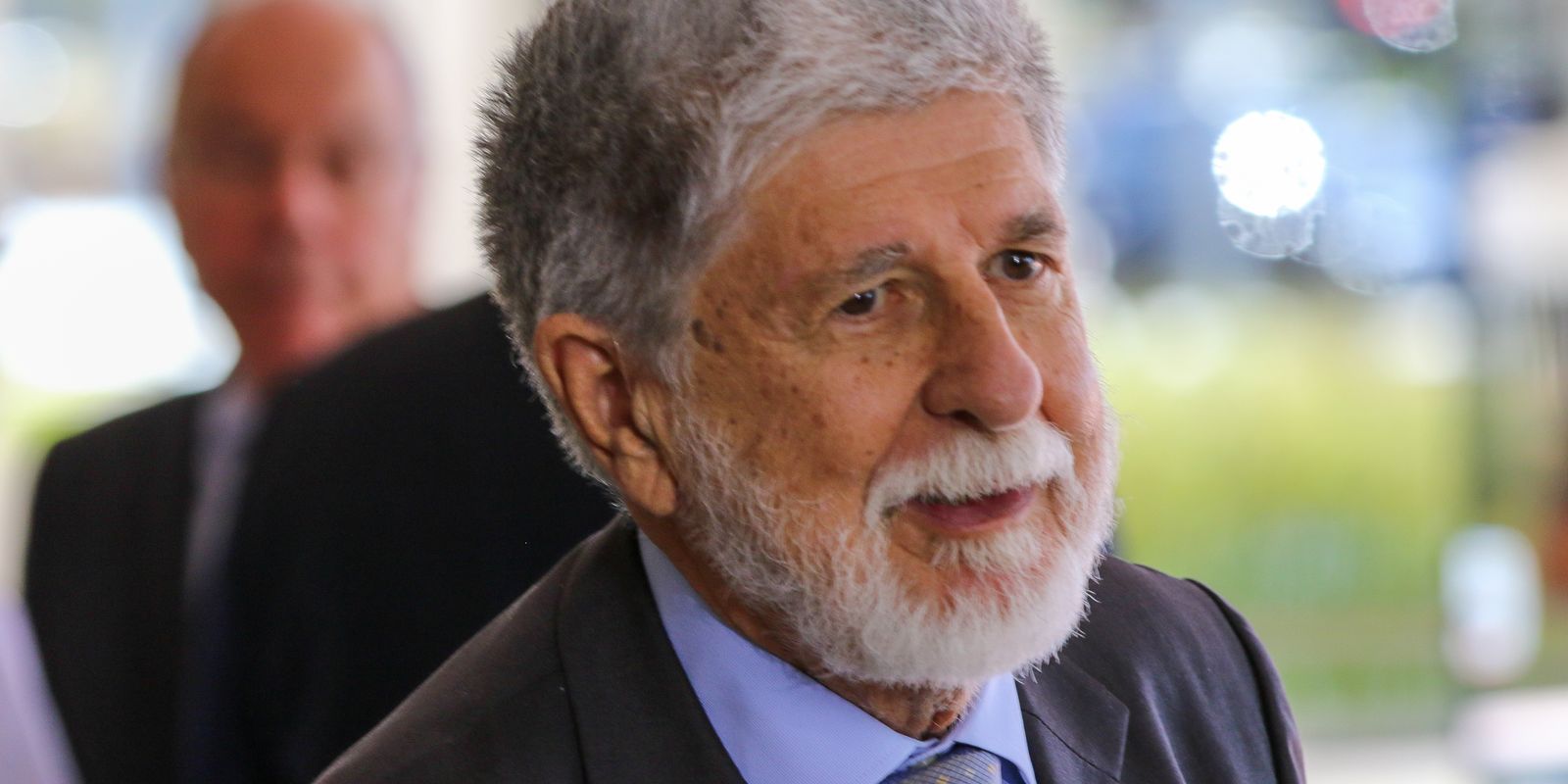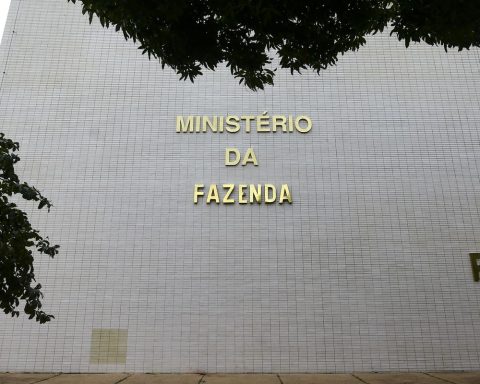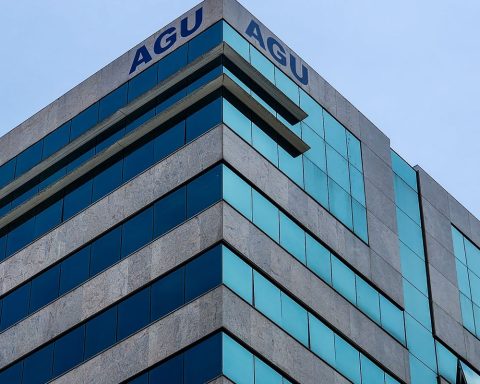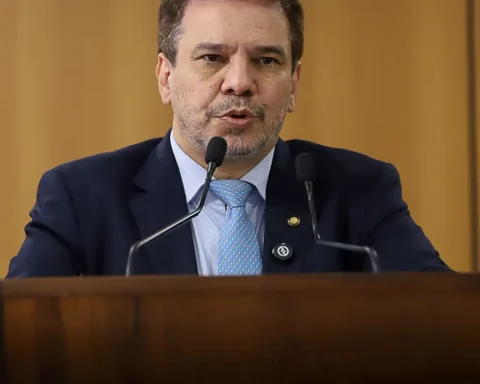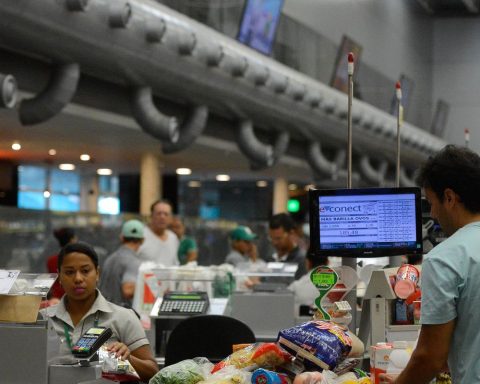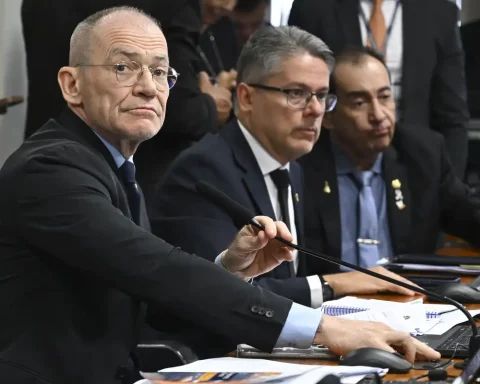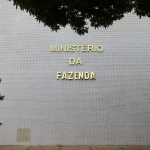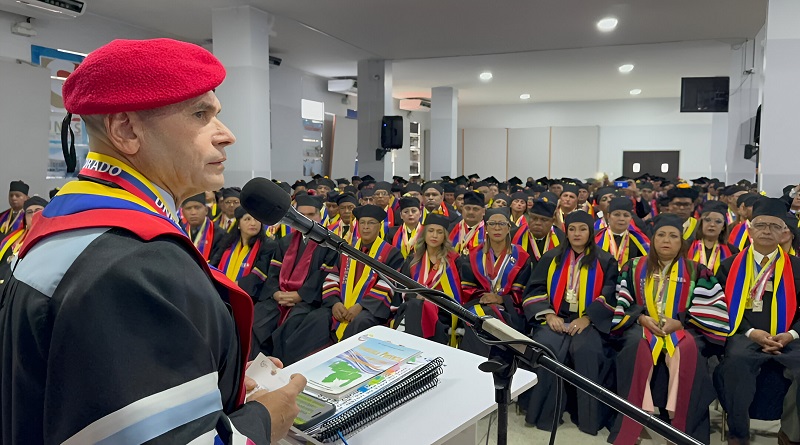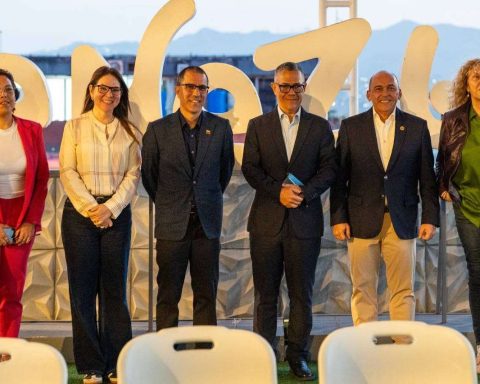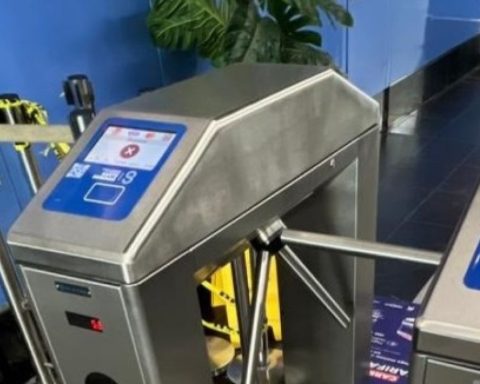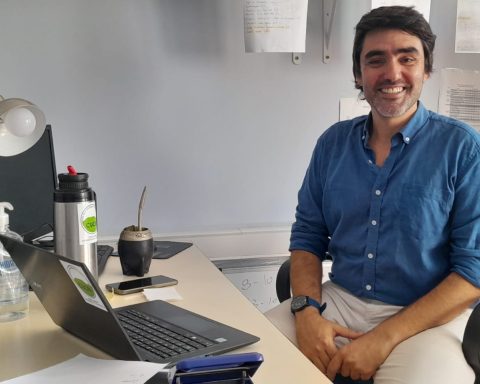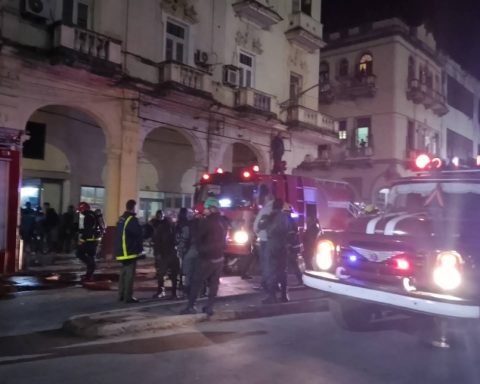President Luiz Inácio Lula da Silva’s advisor for international affairs, Ambassador Celso Amorim, said this Thursday (15) that the Brazilian government will not recognize the government of Nicolás Maduro if the country’s Electoral Power does not present the electoral records that prove the reelection of the current Venezuelan president.
“President Lula reiterated several times: these minutes must be released. And the minutes must be published by the CNE [o Conselho Nacional Eleitoral da Venezuela]”, said Amorim in a public hearing at the Senate Foreign Relations Committee.
President Lula’s advisor also said that the government has defended a negotiated exit, through dialogue, and criticized Brazil’s position in the previous government which, alongside the European Union and the United States (US), sought to isolate Venezuela on the international stage.
“The solution needs to be built by Venezuelans themselves and not imposed from outside,” he said, adding that “what we are trying to do is resolve these issues through dialogue. Not as some people have thought of doing in the past. We are not going to impose democracy on Venezuela.”
Amorim explained that the impasse is delicate, with the possibility of intensifying instability throughout Latin America, which Brazilian diplomacy seeks to avoid.
“The dilemma we have today is that on one side you have the candidate, who is the president, who says he won but doesn’t show the records. And on the other side, the opposition group that has the records, but how could we, in the future, if this is a good precedent, recognize the president based on the documents that the opposition has?” he asked.
The Venezuelan opposition has published alleged election results online that indicate the victory of opposition candidate Edmundo González. The Venezuelan government claims that the results are falsified.
Balance
The international affairs advisor to the Presidency of the Republic also said that it is necessary to balance the constitutional principles of defending democracy and non-interference in the internal affairs of other countries. “These are problems that are not always easy to reconcile,” he highlighted.
Pressured by opposition senators for Brazil to impose a deadline for Venezuela to present electoral data that would prove Maduro’s victory, Ambassador Celso Amorim assessed that this would not help resolve the impasse.
“President Lula’s impatience with the delay in the minutes is very clear. This is clearly a concern. However, setting a fixed date for an ultimatum, I think, is not productive. My experience indicates that this does not bring good results,” Amorim responded to Senator Tereza Cristina (PP/MS).
Senator Espiridião Amim (PP/SC) questioned the alleged arbitrary arrests of protesters, asking whether Brazil is not concerned about this situation.
“Brazil’s role is to find a peaceful solution. Obviously, if there is a peaceful solution, these 1,200 (prisoners) will probably be released. If they are not, we will act,” he responded, adding that human rights violations should be criticized, but effective action is needed.
THE UN and movements have denounced illegal arrests in Venezuela. The government counters by saying that it is fighting against criminal groups that attack public buildings and Chavista leaders.
Divergence
Some opposition senators argued that Brazil should be tougher against the Venezuelan government, following the example of the United States, which has already recognized the victory of opposition candidate Edmundo González, as argued by Senator Sérgio Moro (União/PR).
Senator Dr. Hiran (PP/RR) argued that Brazil should distance itself from Maduro. “I think it is high time that we better select our international companies. Because Venezuela is not a good company for our country,” he argued.
The leader of the government in the National Congress, Senator Randolfe Rodrigues (PT/AP), came out in defense of the position of Brazilian diplomacy, recalling that the main leader of the Venezuelan opposition, María Corina Machado, has been grateful for the interventions of the Lula government.
“It is the leader of the Venezuelan opposition who says this. The Brazilian position has been endorsed by President Biden [dos EUA]who personally called the Brazilian president. The Brazilian position has been endorsed by President Macron [da França] and throughout the European community,” he replied.
